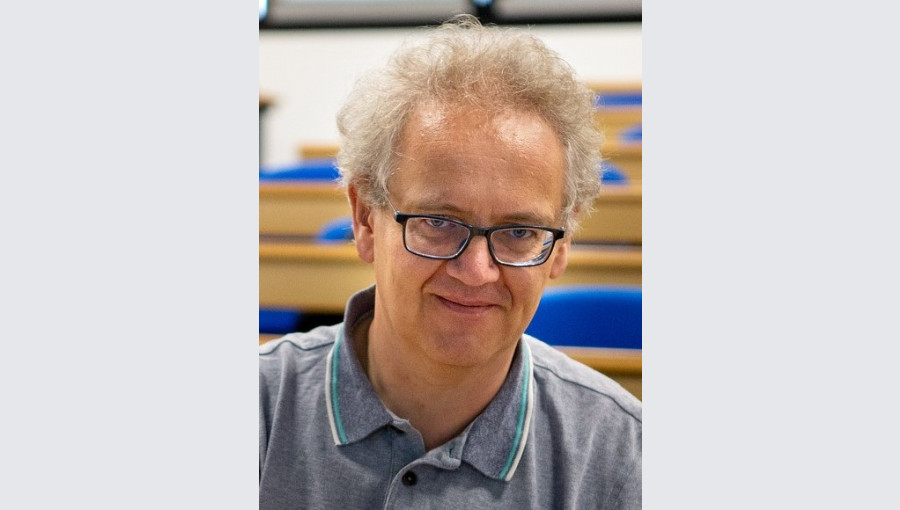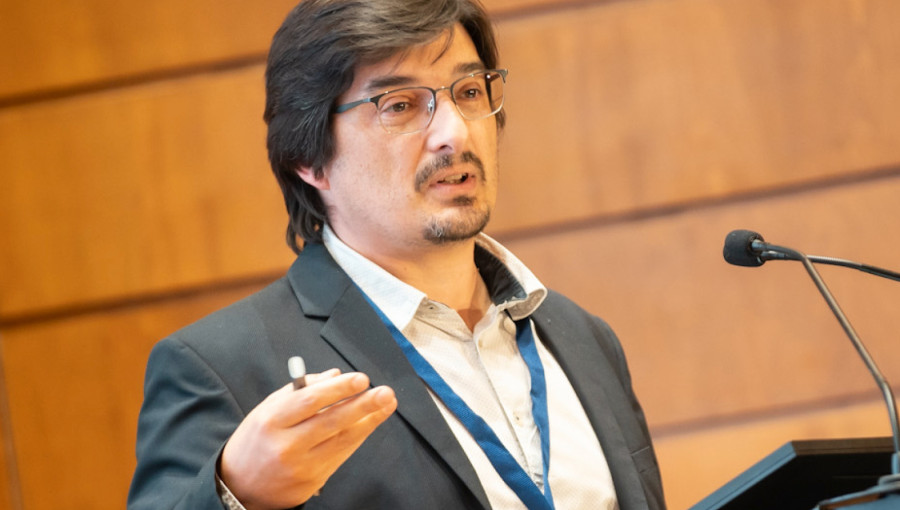With Artificial Intelligence Towards Better Research in Digital Humanities

Igor Kutyaev/CANVA
Date of publication:
The Faculty of Computer and Information Science at the University of Ljubljana (UL FRI) has been successful in the Horizon Europe research and innovation program. It has secured €2.5 million for a five-year ERA Chair project – Artificial Intelligence for Digital Humanities (AI4DH). As part of the project, an interdisciplinary Centre of Excellence for Artificial Intelligence in Digital Humanities will be established.
The project is coordinated by Prof. Dr. Marko Robnik-Šikonja from UL FRI, and the ERA Chair holder is Prof. Dr. Antoine Doucet, a full professor of computer science at La Rochelle University in France and a leading expert in artificial intelligence for digital humanities. His work focuses on developing methods for collecting and analyzing large-scale textual data in various languages and from diverse sources, ranging from news media to historical manuscripts.
Digital humanities combine humanities with computational tools and methods. Artificial intelligence (AI) can significantly enhance research in this field by enabling faster analysis, transcription, and translation of data and its storage in digital archives. AI algorithms can identify connections, patterns, and trends in large datasets that remain hidden to researchers using traditional methods. By integrating AI into their workflows, digital humanities researchers can analyze much larger datasets and uncover connections across diverse sources, leading to new insights and understandings in culture, history, language, and other areas of the humanities.
Despite its numerous advantages, the use of AI in digital humanities is not yet sufficiently developed at the University of Ljubljana. As UL FRI is one of the leading institutions in AI research, application, expertise, and infrastructure, the AI4DH project aims to create a bridge between digital humanities and AI by establishing the Centre of Excellence.
The Centre will provide humanities researchers support in using AI tools, machine learning, and data analysis. It will offer state-of-the-art infrastructure for developing AI models, including large language models, and expert assistance in creating new approaches tailored to humanities fields such as linguistics, historiography, media studies, folkloristics, journalism, philosophy, etc. The project will also address ethical use of AI, foster inclusive and culturally diverse digital environments, and promote entrepreneurial innovation.
The Centre of Excellence will support preparing grant applications for AI projects in the humanities by hosting applicants at UL for several months. By hosting and implementing some of these projects, the Centre will secure sustainable funding for its work beyond the project’s end. With AI technologies, researchers will be able to analyze vast amounts of diverse data, such as text, images, and audio, more effectively and derive new insights. The project will train new generations of interdisciplinary researchers, employ doctoral students and postdoctoral researchers whose research topics will be based on the Centre’s activities, and enhance educational processes at UL by introducing new master’s modules, doctoral courses, and micro-credential programs.
The AI4DH Centre of Excellence will strengthen the University of Ljubljana's capabilities in applying AI to digital humanities, creating an attractive environment for domestic and international researchers. This will transform the negative trend of "brain drain" into "brain gain."




